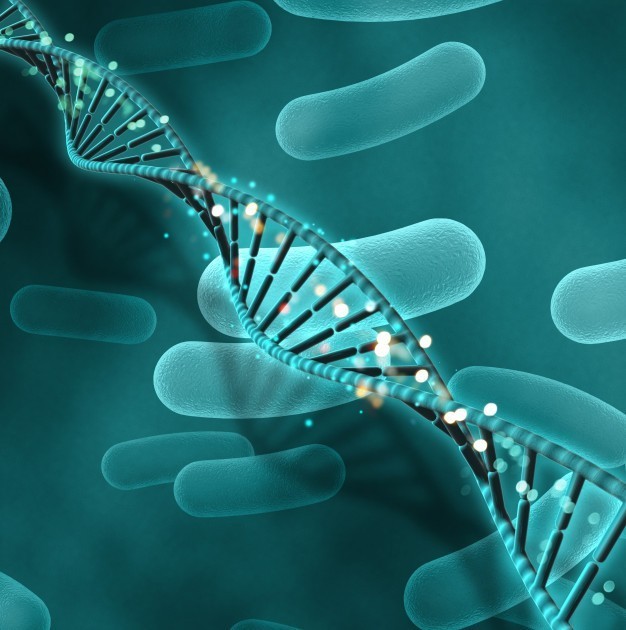Scientists develop a new drug for cancer diagnostics and treatment

Russian researchers announced the development of a combined action drug based on ionizing radiation and bacterial toxin. Their combined effect appeared to be 2,200 times stronger compared to that exerted by the radiation and toxin separately. The drug affects tumor cells, selectively providing better diagnostics and treatment of malignant tumors. These advances were reported in the Proceedings of the National Academy of Sciences.
The combined therapy proposed and realised by the Russian scientists appeared to be successful. "Just like modern armies deploy tanks, foot troops, and artillery, we also fight tumors using several mechanisms at once: ionising radiation and a strong toxin of bacterial origin," says Andrey Zvyagin, head of the Department of Biomedical Engineering at the Institute of Molecular Medicine, Sechenov University.
The new drug was tested both on cells and laboratory animals: breast cancer (the most widely spread type of cancer in women) was grafted on a laboratory mouse, and after that the tested drug was administered to it. In experiments on cells, the effect of the combination was 2,200 times stronger than the effect from the separate use of its components. The efficiency of combined therapy was confirmed by experiments on laboratory mice. The drug not only treats, but also facilitates visualisation of the tumors, which makes it a diagnostical tool.

